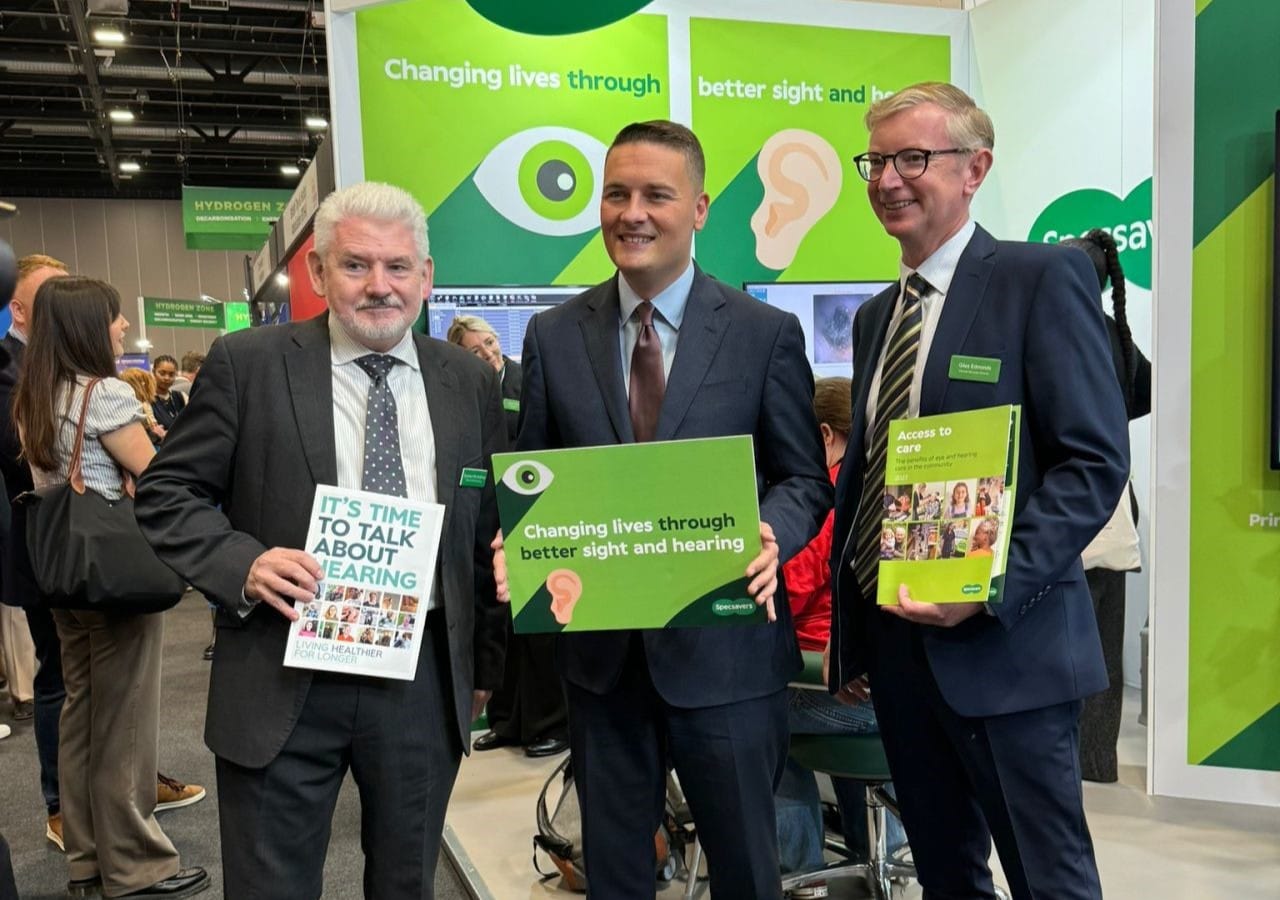Community optometry and audiology well placed to support NHS 'high street' shift
Health and Social Care Secretary Wes Streeting has signalled a shift for the NHS, moving from hospital-based care to high street services. This change aims to transform how healthcare is delivered, making it more accessible and integrated within communities.
Mr Streeting outlined his plans at the NHS Confederation Expo, held in Manchester on 11 and 12 June. He emphasised the need to expand community services, a move supported by health service leaders and organisations like Specsavers.
The NHS Confederation, which represents the entire healthcare system in England, Wales, and Northern Ireland, employs over 1.5 million staff, cares for more than one million patients daily, and controls £150 billion of public expenditure.
Speaking at the Expo, Mr Streeting said: ‘Much of what’s done in a hospital today will be done on the high street, over the phone or through the app in a decade’s time.’
Praise for community optometrists and audiologists
Matthew Taylor, chief executive of the NHS Confederation, echoed this sentiment, highlighting the local desire for innovative approaches. He said: ‘There is a huge appetite, locally, to do things differently if the government’s 10-year plan for the NHS delivers a suitable framework.
‘Outpatient services should and could be transformed with most checks and follow-ups done in neighbourhoods or remotely.’
He also praised the glaucoma service provided by community optometrists. Talking about a recent visit to Sale Specsavers, Mr Taylor said: ‘They're doing fantastic work there as part of a contract for the whole of Greater Manchester.’
He elaborated on the scope for greater involvement from community optometry, particularly in the early detection and treatment of conditions such as glaucoma.
‘They could be detecting glaucoma earlier, they could be treating it earlier, they could be prescribing the drops,’ he said, noting that 96% of the population are within 10 minutes of a Specsavers.
However, he pointed out that most glaucoma appointments still occur in outpatients in more expensive and less accessible acute hospital settings.
He also said that there was a ‘huge appetite, locally, to do things different’ if the government’s 10-year plan for the NHS delivered a suitable framework.
‘Outpatient services should and could be transformed with most checks and follow-ups done in neighbourhoods or remotely,’ he said.
Redesigning services
Professor Claire Fuller, Primary Care Medical Director for NHS England, discussed the necessity of redesigning services.
'Long term conditions shouldn’t be managed in a hospital, and that means we need to organise services differently to do that,' she said.
Community optometrists and audiologists' well placed to support shift
Welcoming the comments, Specsavers clinical services director Giles Edmonds said: ‘Community optometry and audiology are well placed to provide enhanced access to care for patients and support the NHS as the Westminster government looks to shift healthcare from hospital to high street.
'Our expert clinicians provide outstanding care to the communities that they serve.’
Gordon Harrison, Specsavers director of professional advancement in audiology, added: ‘Such a shift would build on the services already delivered.'
Picture: Streeting visits the Specsavers stand at the Labour conference in 2024

